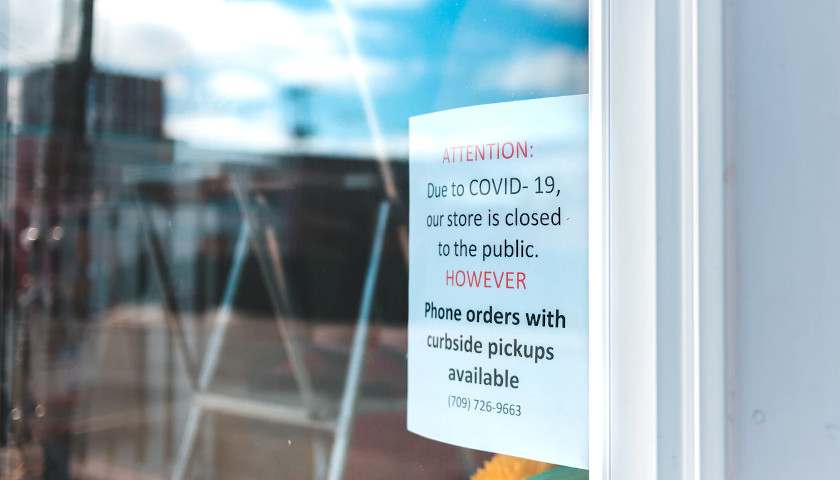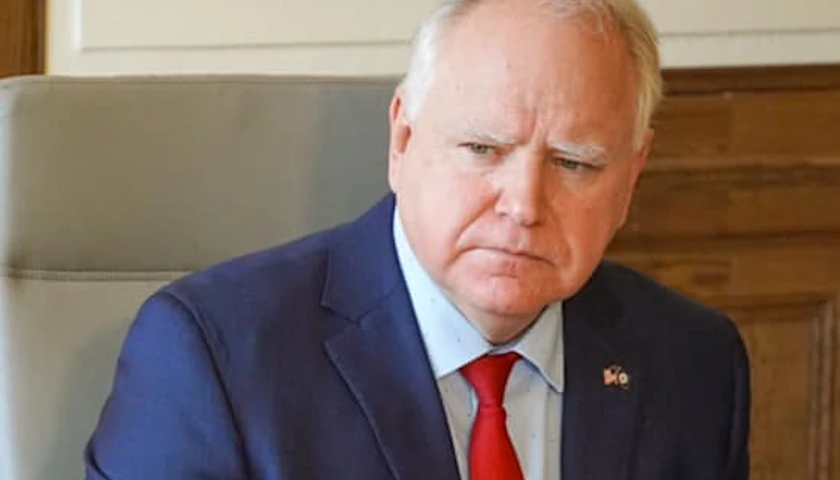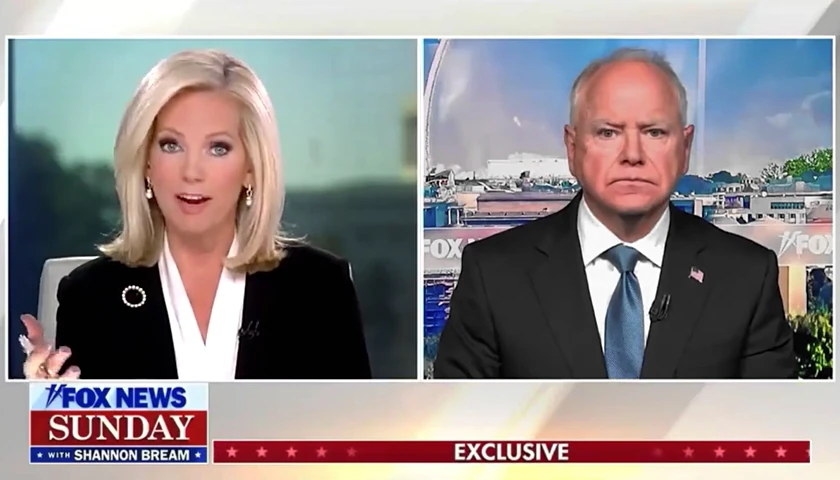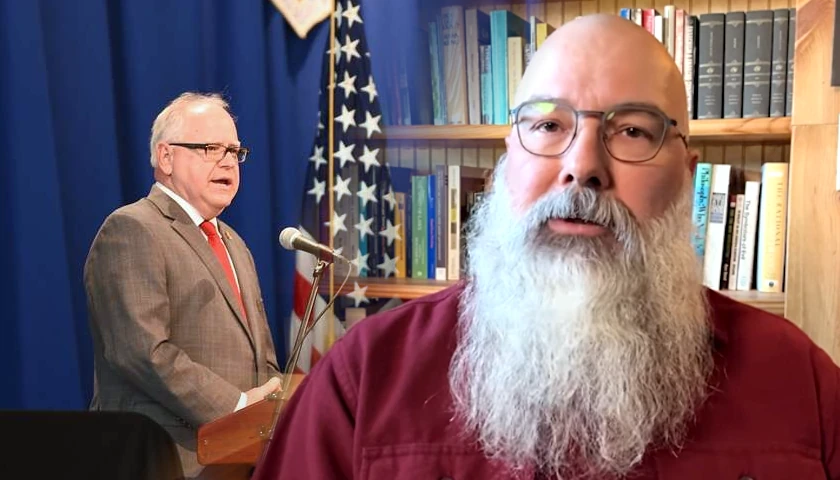by Scott McClallen
Lawmakers kicked off the 2021 legislative session at noon on Tuesday, one day before Gov. Tim Walz is expected to announce loosening restrictions on indoor dining and other settings after an improvement in the state’s number of COVID-19 cases.
Senate Majority Leader Paul Gazelka, R-East Gull Lake, told The Center Square in a phone interview one priority is to craft a new two-year state budget without raising taxes on gas, sales, or income.
Minnesota is facing a $1.3 billion shortfall for fiscal year 2022-23.
“We encouraged the governor last April to start reducing spending in the agencies, and had he taken that advice, it’d be a lot easier right now,” Gazelka said.
“That’s how we’re going to solve the [budget deficit]… “It won’t happen through a tax increase,” he said.
Gazelka would rather reduce spending or pull from the state’s $2.3 billion rainy day fund than raise taxes.
House Minority Leader Kurt Daudt, R-Crown, agreed.
“Raising taxes in an economic recovery will simply turn us around backwards and set us back and cause more harm to our economy, more job losses,” Daudt said in a press conference. “We don’t want to see that.”
Another economic forecast will be delivered in February, after which lawmakers will scramble to piece together an over $40-billion budget if the forecast predicts a budget deficit or surplus to meet a June 30 deadline to avoid a government shutdown.
The December 2020 forecast improved from a nearly $5 billion deficit to a $1.3 billion deficit.
Gazelka said lawmakers will also work on COVID-19 response, redistricting political boundaries based on the 2020 census, and election integrity and reform, including photo ID, provisional ballots, and more.
“We’re going to look at all of that to make sure that elections in Minnesota are as safe and secure as possible,” Gazelka said.
Gazelka welcomed the loosening of COVID-19 restrictions, many of which were enacted since November — many businesses’ most profitable season.
“We cannot close down businesses without serious consequences to everyone,” Gazelka said. “My hope is that those restrictions are dramatically changed, but I don’t know if that will be the case.”
The Minnesota Licensed Beverage Association also said they don’t know the exact new restrictions, but stated they “need at least a week or more to prepare with ordering and staffing and it appears our pleas are being heard.”
Gazelka was concerned that COVID-19 restrictions might hamper negotiations via Zoom.
“You get better results in face-to-face meetings,” Gazelka said.
The Senate will hold hybrid meetings following social distancing rules that will allow for digital and in-person testimony and aim to return to in-person meetings at the end of this session when negotiations are critical.
But much of the DFL-led House will conduct business virtually.
House Majority Leader Ryan Winkler, DFL-Golden Valley, told the Session Daily he plans to focus on a strong COVID-19 response.
“We need to have a strong pandemic response and we need to have a very strong economic security approach to providing the basics in families’ financial lives in Minnesota coming out of this pandemic,” Winkler said.
– – –
Scott McClallen is a staff writer covering Michigan and Minnesota for The Center Square. A graduate of Hillsdale College, his work has appeared on Forbes.com and FEE.org. Previously, he worked as a financial analyst at Pepsi.





